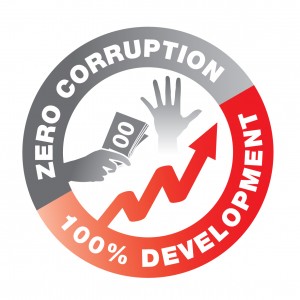Fighting Corruption in the Corporate World
Today is the 10th United Nations International Anti-Corruption Day. Corruption remains a significant obstacle to economic and social development. According to the World Bank, every year $1 trillion is paid in bribes, while an estimated $2.6 trillion is stolen annually through corruption – a sum equivalent to more than five per cent of global GDP.
While the UN urges governments and businesses to take action, we are seeing an increasing amount of anti-corruption activity in the corporate world. Organisations are investing in rigorous anti-corruption programmes and supporting that investment with compliance and monitoring to check the effectiveness of what has been put in place.
Much progress has been made in successfully implementing controls to prevent corruption from occurring inside an organisation. However, where many businesses are still struggling is in preventing the corruption that others may do on their behalf. Some companies are only just addressing this problem; others are finding that the ethically challenging environments in which they are required to operate are often hostile to the practices and procedures they are seeking to introduce.
At our Business Ethics Debates we hear a lot about these difficulties and as best practice is shared, the importance of risk-based and proportionate due diligence is repeatedly emphasised. This needs to be supported by communication and training to ensure that purpose and the policy are properly understood. Monitoring is also essential if a company wishes to be sure that what it has in place is really working. What has been interesting to note this year is the development of collective action in several of the countries where we have conducted assessments.
In Senegal, Tanzania, Egypt and Kenya we have seen groups of businesses collaborating to develop effective solutions that support a zero tolerance towards corruption. We support these initiatives and encourage businesses to spread this best practice in other areas of their operation.
The Banknote Ethics Initiative (BnEI), for which we have developed the auditing framework, is a good example of how an industry can work together to reduce corruption. Similar industry initiatives are to be supported and we are keen to share our expertise with other sectors thinking along these lines.

